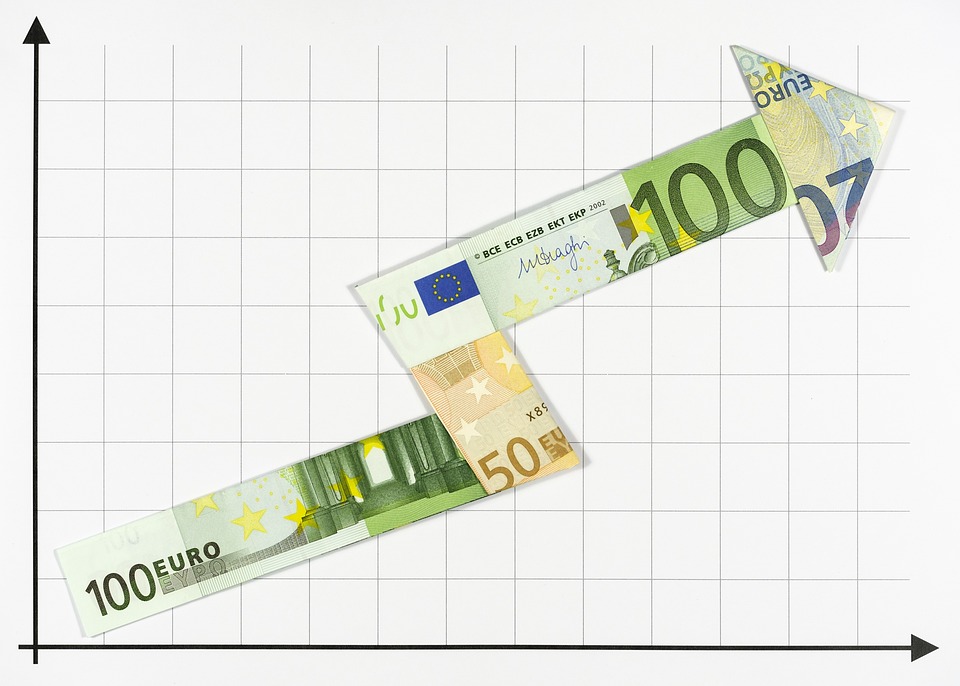The Rise of ESG Indices: Aligning Profits with Sustainable Values
In recent years, environmental, social, and governance (ESG) investing has gained significant traction as investors seek to align their financial goals with their ethical and sustainability values. ESG investing focuses on evaluating companies based on their environmental impact, social responsibility, and corporate governance practices, and has become increasingly popular as more individuals and institutions prioritize sustainable and responsible investment strategies.
One of the key developments in the ESG investment landscape has been the rise of ESG indices, which are used as benchmarks to measure the performance of ESG investments. These indices provide investors with a comprehensive view of companies that are considered to be leaders in environmental and social responsibility and have strong corporate governance practices. As a result, the rise of ESG indices has played a crucial role in driving the growth of ESG investing and has provided a platform for investors to align their financial interests with their sustainability values.
The Growth of ESG Indices
The growth of ESG indices reflects the increasing demand for sustainable and responsible investment options. According to a report by the Global Sustainable Investment Alliance, global sustainable investment assets reached $35.3 trillion at the start of 2020, representing a significant increase from the previous years. Additionally, the report noted that Europe continued to lead the way in sustainable investing, with over 50% of professionally managed assets integrating ESG factors into their investment processes.
The rise of ESG indices can be attributed to several factors. First, the growing awareness of environmental and social issues has led investors to seek out companies that prioritize sustainability and responsible business practices. As a result, there has been a shift in investor preferences towards ESG investments, driving the demand for ESG indices as benchmarks for measuring the performance of these investments.
Second, the development of ESG data and metrics has improved the ability of investors to assess the sustainability performance of companies. With greater access to ESG data, investors can better evaluate the environmental, social, and governance practices of companies and make more informed investment decisions. This has contributed to the growth of ESG indices as tools for tracking the performance of companies with strong ESG credentials.
Third, the integration of ESG factors into the investment decision-making process has become increasingly common among institutional investors and asset managers. The incorporation of ESG criteria into investment analysis and portfolio construction has led to the creation of ESG indices that reflect the investment preferences of investors seeking to integrate sustainable and responsible considerations into their investment strategies.
Types of ESG Indices
There are several types of ESG indices that investors can use to measure the performance of ESG investments. These include broad-based ESG indices, thematic ESG indices, and exclusionary indices.
Broad-based ESG indices are designed to capture a comprehensive view of companies that score well on ESG criteria. These indices typically include companies from various industries that have strong environmental and social performance, as well as sound corporate governance practices. Broad-based ESG indices provide a broad representation of companies that meet ESG standards and are often used by investors as benchmarks for measuring the performance of their ESG portfolios.
Thematic ESG indices focus on specific sustainability themes or areas of impact, such as clean energy, water conservation, or gender equality. These indices are designed to provide investors with exposure to companies that are leading the way in addressing specific environmental or social challenges. Thematic ESG indices allow investors to align their investment strategies with specific sustainability goals and provide a targeted approach to ESG investing.
Exclusionary indices, or “sin” indices, are designed to exclude companies engaged in controversial activities, such as tobacco or weapons production, from the index. These indices are often used by investors who want to avoid investing in companies that have a negative social or environmental impact. Exclusionary indices provide investors with a way to align their portfolios with their ethical values by excluding companies that do not meet ESG criteria.
FAQs
Q: How are companies selected for inclusion in ESG indices?
A: The selection of companies for inclusion in ESG indices is based on their performance on environmental, social, and governance criteria. Companies are evaluated based on their environmental impact, social responsibility, and corporate governance practices, and are selected for inclusion in ESG indices if they meet the required ESG standards.
Q: How can I invest in ESG indices?
A: Investors can invest in ESG indices by purchasing exchange-traded funds (ETFs) or mutual funds that track the performance of ESG indices. These investment vehicles provide exposure to companies that have strong ESG credentials and allow investors to align their portfolios with their sustainability values.
Q: Are ESG indices only for socially conscious investors?
A: ESG indices are designed for investors who want to integrate sustainability and responsible investment considerations into their portfolios. While socially conscious investors may have a particular interest in ESG indices, these indices are also used by mainstream investors seeking to align their financial goals with their sustainability values.
Q: Are ESG indices less profitable than traditional indices?
A: ESG indices can be just as profitable as traditional indices, and in some cases, they may outperform traditional indices. Companies with strong ESG credentials may be better positioned to mitigate environmental and social risks, leading to long-term value creation and potentially outperforming companies with weaker ESG performance.
In conclusion, the rise of ESG indices has played a significant role in driving the growth of ESG investing and has provided investors with a platform to align their financial interests with their sustainability values. With the increasing demand for sustainable and responsible investment options, ESG indices have become valuable tools for measuring the performance of ESG investments and provide investors with a way to positively impact the world through their investment decisions.




